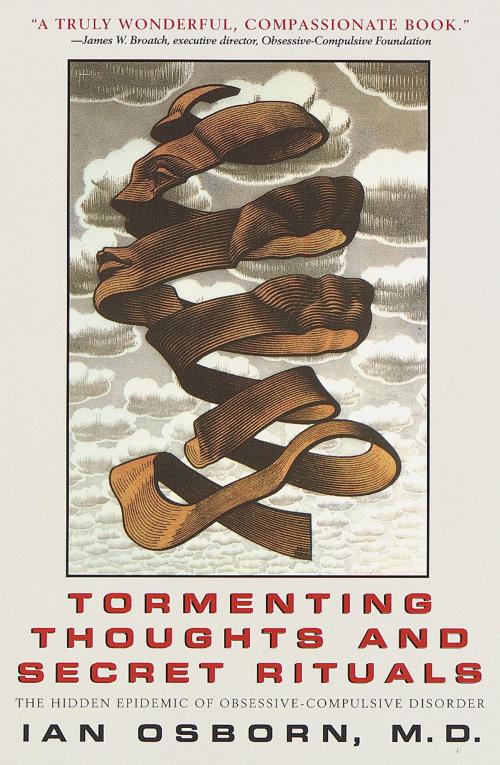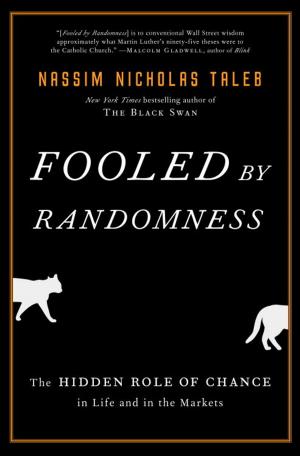Tormenting Thoughts and Secret Rituals
The Hidden Epidemic of Obsessive-Compulsive Disorder
Nonfiction, Health & Well Being, Psychology, Compulsive Behaviour, Self Help, Mental Health, Mood Disorders| Author: | Ian Osborn | ISBN: | 9780804150835 |
| Publisher: | Random House Publishing Group | Publication: | August 7, 2013 |
| Imprint: | Dell | Language: | English |
| Author: | Ian Osborn |
| ISBN: | 9780804150835 |
| Publisher: | Random House Publishing Group |
| Publication: | August 7, 2013 |
| Imprint: | Dell |
| Language: | English |
Obsessive-compulsive disorder has been called the "hidden epidemic": only a very few of the many people who have it reveal their condition. Ian Osborn is one of those who suffers from OCD, and his personal experience imbues this book with an exceptional clarity and understanding.
Dr. Osborn discusses the various forms OCD takes and--using the most common focuses of obsession--presents detailed and dramatic cases whose objects are filth, harm, lust, and blasphemy. He explains how the disorder is currently diagnosed, and how it differs from addiction, worrying, and preoccupation. He summarizes the recent findings in the areas of brain biology, neuroimaging, and genetics that show OCD to be a distinct chemical disorder of the brain. He contrasts OCD with other "OCD spectrum disorders" such as anorexia nervosa and hairpulling, and he provides a historical overview that traces the development over the centuries of both behavior therapy and medications.
Obsessive-compulsive disorder has been called the "hidden epidemic": only a very few of the many people who have it reveal their condition. Ian Osborn is one of those who suffers from OCD, and his personal experience imbues this book with an exceptional clarity and understanding.
Dr. Osborn discusses the various forms OCD takes and--using the most common focuses of obsession--presents detailed and dramatic cases whose objects are filth, harm, lust, and blasphemy. He explains how the disorder is currently diagnosed, and how it differs from addiction, worrying, and preoccupation. He summarizes the recent findings in the areas of brain biology, neuroimaging, and genetics that show OCD to be a distinct chemical disorder of the brain. He contrasts OCD with other "OCD spectrum disorders" such as anorexia nervosa and hairpulling, and he provides a historical overview that traces the development over the centuries of both behavior therapy and medications.















